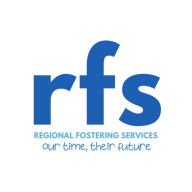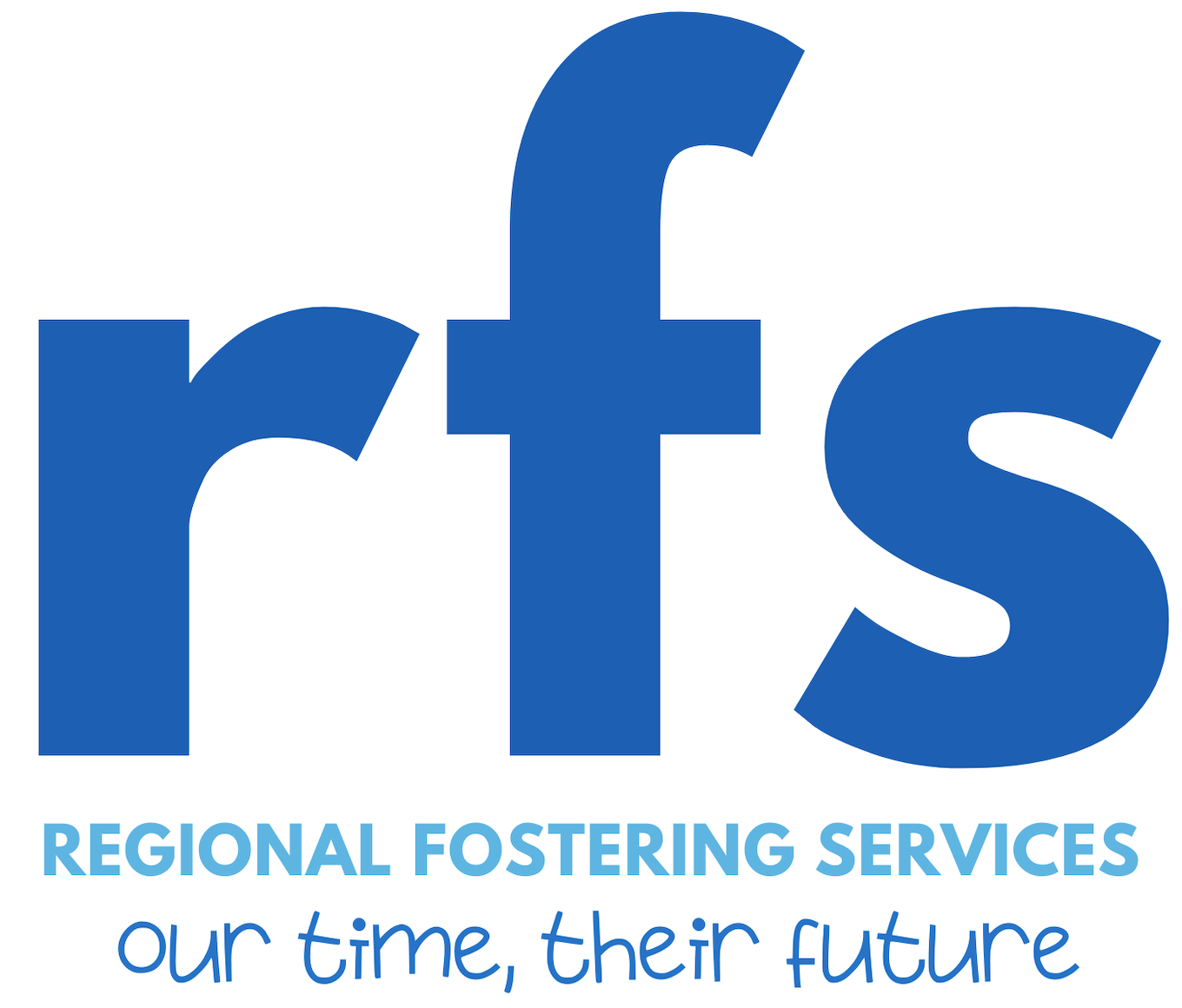Guiding You Through Your Fostering Journey.
We've compiled a list of our most commonly asked foster care questions and answers.
If you have any questions about becoming a foster carer, our FAQ page is here to help you. Alternatively, please feel free to contact us.
Frequently Asked Questions
-
Can I foster if i'm single?
Absolutely! There is no stipulation that you must be married or in a relationship to foster.
-
What is the difference between adoption and fostering??
Fostering is a way of offering children and young people a home while their own family is unable to look after them. Fostering can be a temporary arrangement, and many fostered children return to their own families.
Adoption is a way of providing a new family for children who cannot be brought up by their own parents. It's a legal procedure in which all the parental responsibility is transferred to the adopters. Once an adoption order has been granted it can't be reversed except in extremely rare circumstances.
-
I don’t have a spare room – can I foster?
We require you to have a spare bedroom, to ensure the child you foster has the privacy and space they require.
-
What support is available?
If you are approved to become a foster carer there are various sources of ongoing 24/7 support available to you. The most important will be your supervising social worker, and the support team allocated to you, who will meet regularly with you to discuss any concerns you have, offer you supervision, and arrange ongoing bespoke training.
-
Can I foster if I have pets?
Having pets does not prevent you from fostering, in fact, they can be an asset to a foster family. However, every animal is different and your pets will be assessed as part of the process of becoming a foster carer, taking into account factors such as their temperament and behaviour.
-
We are a religious family, will this affect our application to foster?
It does not matter what your religion is and this should not affect your application to foster. Children should be placed with foster families that can meet their needs, including religious needs. However, you would need to consider how you would feel about discussing issues such as alternative religious beliefs with a child.
-
Do I have to speak English to a high standard to be a foster carer?
A large number of children in foster care do not have English as a first language and being placed in a home where their first language is spoken can be very beneficial for them. You will need a good level of spoken and written English to be able to communicate with other professionals, support children’s education and make notes and keep records. Please call us on 0800 246 5111 to find out more.
-
Can I foster if I have a long-term health condition?
Your health will be considered when applying to foster and any long-term conditions are taken into account. The most important factor is whether you are physically and psychologically fit enough to cope with the demands of caring for a child – this may vary depending on the age of the children that you are approved for.

#TEAMRFS
Write your caption hereButton
#FOSTERLOVE
Write your caption hereButton
#FOSTERTODAY
Write your caption hereButton
We’re passionate about changing the lives of children and young people across the UK..
Call our friendly team today on
0800 246 5111.
Get An Info Pack
We will get back to you as soon as possible.
Please try again later.
Subscribe to our new newsletter to stay up to date with our latest news.
Thank you for registering for our Newsletter.
Please try again later


